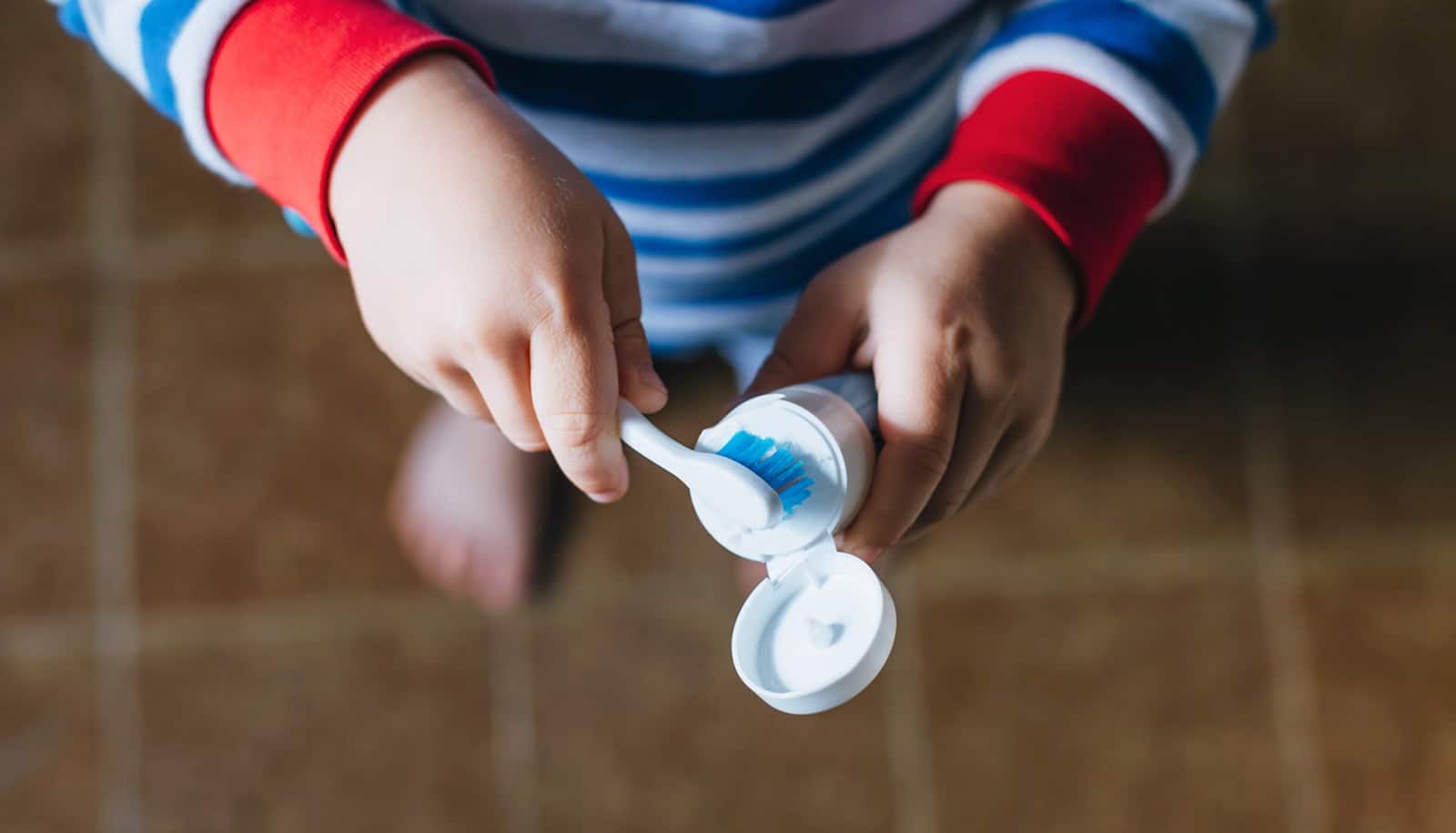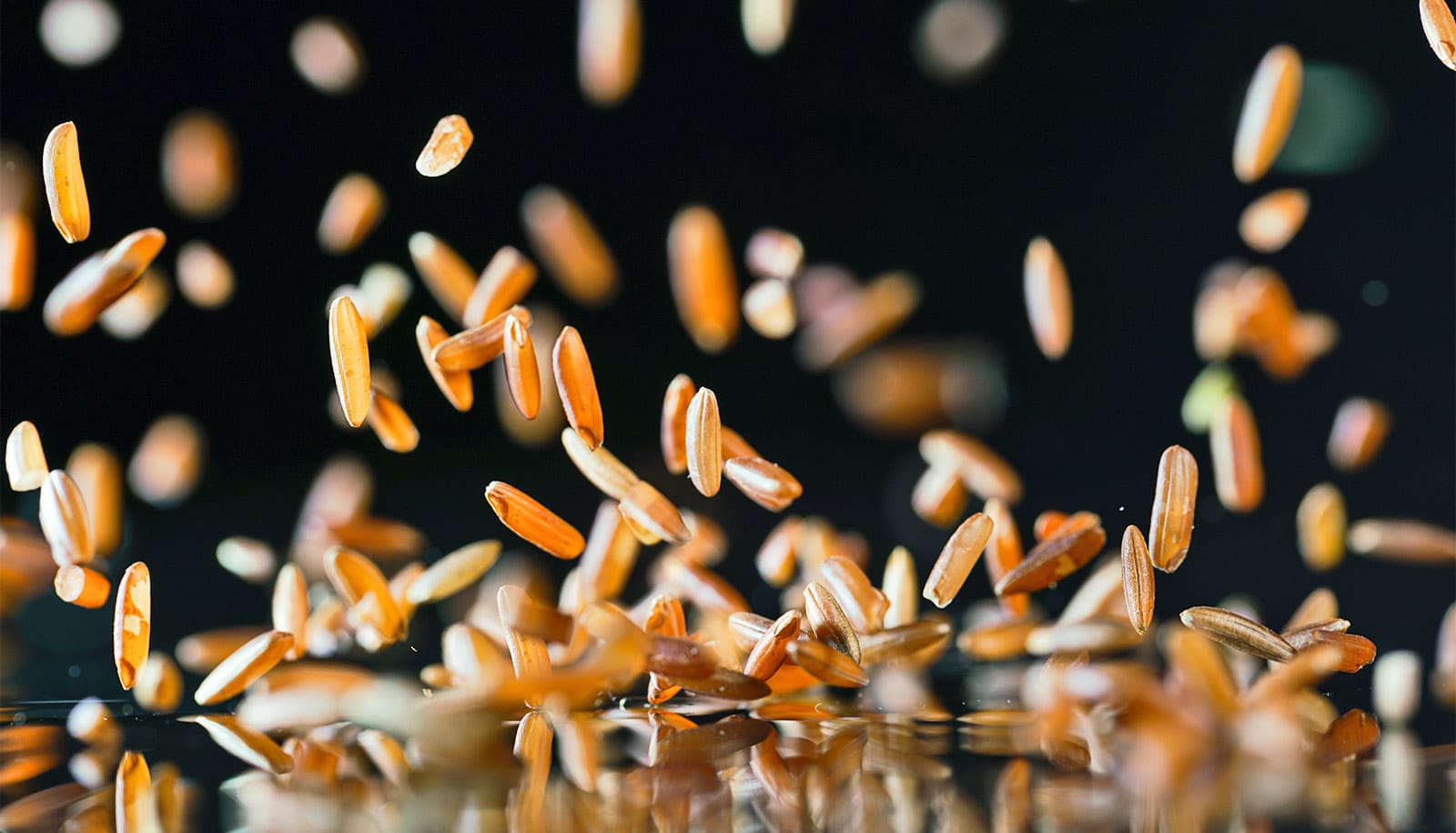Infants with eczema are three times more likely to develop tooth decay at 2 and 3 years of age, experts warn. The good news is that tooth decay is highly preventable.
“Our latest findings will give parents and caregivers of babies with eczema early warning of increased risk of developing tooth decay in toddlers,” says Stephen Hsu, associate professor of dentistry at the National University of Singapore. “Regular dental check-ups can then be conducted to help minimize the incidence of tooth decay in these children.”
Tooth decay is a common childhood disease—a 2009 study showed that four in 10 preschool children in Singapore suffered from tooth decay. The skin condition eczema affects one in five children attending school in Singapore.
For the study, published in the Journal of Allergy and Clinical Immunology, researchers recruited pregnant women in their first trimester as part of the Growing Up in Singapore Towards Healthy Outcomes (GUSTO) program. Established in 2009, GUSTO is a nationwide long-term study of pregnant Singaporean mothers and their children, and to date has recruited more than 1,200 Singaporean families.
7 cheap moisturizers prevent eczema in babies
During the child’s first year, at the ages of 3, 6 and 12 months, parents were interviewed to identify babies with eczema. Infants with eczema were given skin prick testing to assess their sensitivity to common allergens.
The findings show that infants who had eczema and were sensitive to common allergens were 3.29 times and 3.09 times more likely to experience tooth decay when they were two and three years of age respectively, compared to infants without eczema.
The researchers say that structural defects during tissue development could be a possible reason for the connection. They’re now conducting genetic analysis to confirm the mechanism and explore the link between tooth decay and other childhood diseases potentially affected by ectodermal defects.



